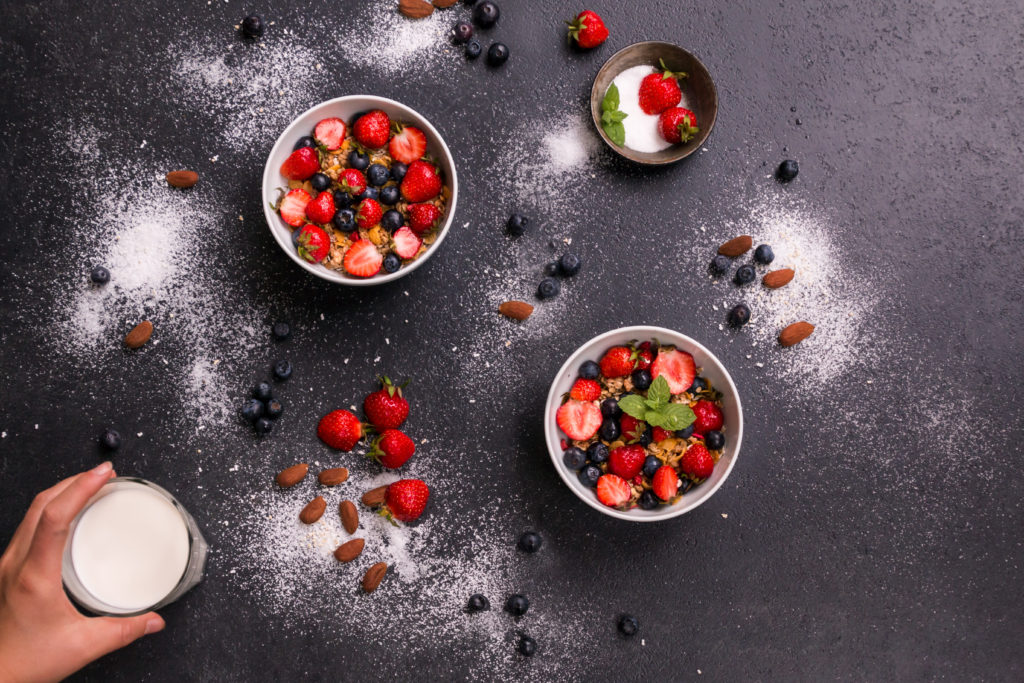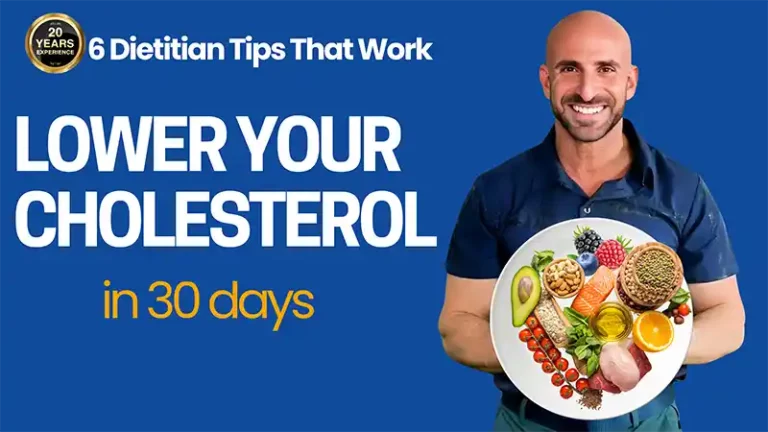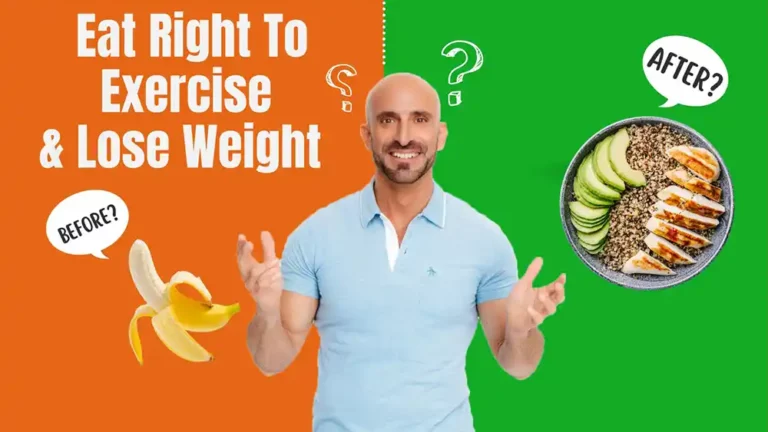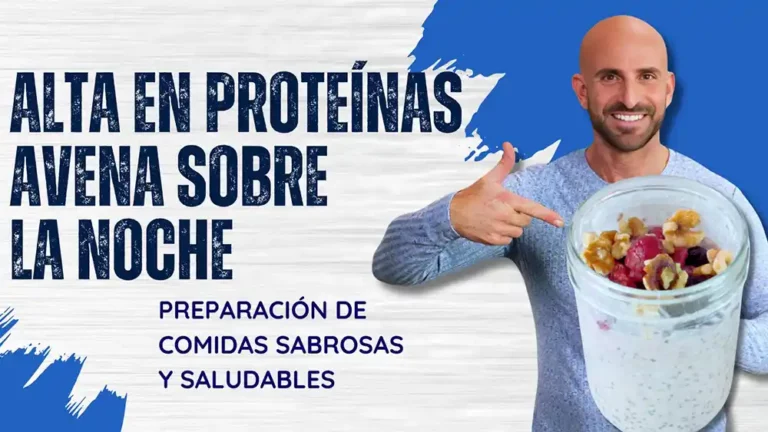
In this portion of the series, we want to cover how a well-intentioned diet that eliminates animal products can not only be unhealthy, but can even be dangerous if one isn’t careful. As we touched on in the last article about plant proteins, some proteins are better absorbed by the body than others when it comes to animal products vs. plants. Well, the same is true for some nutrients. It’s a fact every registered dietitian can agree with: eating more fruits and vegetables is one of the best ways to get in much-needed antioxidants and nutrients. However, for anyone thinking of limiting their animal foods or cutting them out altogether, they should be aware of the risks:
There are several nutrients the human body needs that are either found exclusively in animal products, are difficult to find in plant foods or are just poorly absorbed when these nutrients are obtained from plants rather than animal products. Below, I’m going to list what nutrients to watch out for as well as provide some tips and sources for anyone thinking of adopting a vegan or vegetarian diet:
Vitamin B-12 – Normally vegan diets, especially when they contain plenty of whole grains, would have no trouble providing enough B vitamins. However, Vitamin B-12 is a special case as it can only be found in animal foods. There are no natural, bioavailable sources of vitamin B-12 found in plants. If you are a vegetarian who is fine with eating eggs and dairy, you should still not have issues getting enough B-12. However, vegans will almost definitely have to take a supplement or have injections. Since B-12 is stored in the liver, deficiency symptoms may not show up for months or even years. However, when they do, they can be damaging and even irreversible. Vitamin B-12 deficiency comes with macrocytic anemia, fatigue, nerve problems such as tingling and muscle weakness as well as mental problems such as memory loss and depression. Some processed vegan foods may be fortified with B-12, so you’ll want to read your labels.
Iron – Iron is the nutrient which helps form the part of our blood cells that carries oxygen. Needless to say, if we don’t get enough iron from food, all body processes suffer. A mild deficiency usually only results in some fatigue, but as anemia sets in you may see more extreme fatigue, headaches, brittle nails and general weakness. Out of the two types of iron, heme and nonheme, heme is the most absorbable by the body (15% to 35%), but it can only be found in animal foods, notably red meat and seafood. Nonheme iron is only absorbed at a rate of 2 – 15% and is sensitive to other components of the diet like calcium-rich foods, tea, coffee and beans. However, consuming iron-containing plant foods along with Vitamin C-rich foods can reduce the effects of these inhibitors. Plant sources of iron include beans, nuts, seeds, whole/enriched grains and leafy vegetables. Vitamin C containing foods include citrus fruits, bell peppers, mangos and strawberries.
Calcium and Vitamin D – As is known we need both calcium and Vitamin D for bone health, but both also play a role in efficient muscle function and nerve impulse transmission. Calcium is more easily found in plant foods than the nutrients above, you just have to know where to look. This is because some plant foods touted as “great calcium sources” such as spinach and swiss chard are high in oxalates and phytates that inhibit the absorption of calcium. Better and readily absorbed sources of calcium include leafy greens such as kale and collard, broccoli, almonds, and tahini. Vegan/vegetarian sources of Vitamin D include fortified soy milk, fortified orange juice and sun-dried mushrooms.
Zinc – Zinc functions in our body to keep our immune system strong, heal wounds and to support our smell and taste sense. Meat eaters typically have no problem meeting their zinc requirements. However, as with other nutrients mentioned, plant sources of zinc aren’t as well absorbed, increasing zinc needs of vegans and vegetarians by 50%. Without being careful to choose good sources could see deficiency symptoms such as a weakened immune system, slow wound healing and appetite loss. More severe symptoms could include altered smell and taste, hair loss and lethargy. Plant sources of zinc include beans, nuts, seeds and whole grains.
Omega 3s – Omega 3s are nutrients we have to get from food and play a major role in heart health, brain health and controlling inflammation in the body. Anyone who is not getting at least 3 servings of fatty fish in a week can find Omega-3s in plant sources such as walnuts, hemp and flaxseeds.
The bottom line? As you can see, if you don’t trust yourself to be mindful of choosing the right foods to get in all of your nutrients or you already have trouble with deficiencies, cutting out meal and other animal products just might not be the right move for you. There are serious health implications of following a poorly planned diet that include little or no animal products. Search for guidance from a nutrition professional before making a serious diet change so you can be sure your body is getting all of the nutrients it needs.





